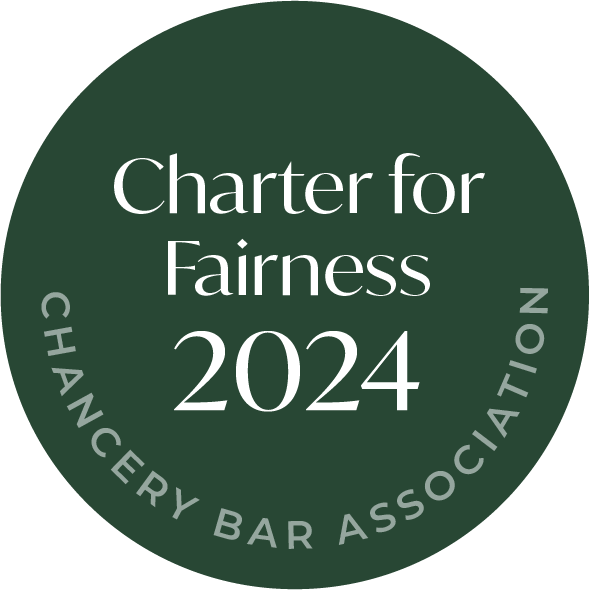At the time of the hearing, the Plan was the first challenge of its kind by HMRC to a Part 26A restructuring plan and, with the recent decision in relation to the Nasmyth Group Limited, has significant implications for the SME restructuring market (and, specifically, companies that seek to use Part 26A to cram-down HMRC).
In his conclusions, the Judge dismissed the Company’s application on the basis that (1) the Company had not discharged the evidential burden of showing that HMRC would be no worse off under the Plan and (2) even if it had discharged the burden, he would have dismissed the Plan in any event in the exercise of his discretion.
This is only the second time (after Re Hurricane Energy Plc) that a restructuring plan has been dismissed on the grounds of both failing to satisfy Condition A and being substantively unfair.
In relation to Condition A (the “no worse off test”) the Judge agreed with HMRC’s submissions in relation to the Company’s expert evidence, concluding that it was “unpersuasive”, not “subjected to scrutiny” and therefore had not discharged the necessary burden. In so doing, the Judge held that the comments by Snowden LJ in Re Smile Telecom Holdings Ltd [2022] EWHC 740 to the effect that an opposing creditor should file expert valuation evidence did not create an “invariable rule”; and he preferred HMRC’s submission that it was open to a Court to disregard expert evidence even where the opposing party had not filed expert evidence of its own (see Griffiths v TUI (UK) Ltd [2021] EWCA Civ 1442). On that basis – and given the small margin between HMRC’s proposed dividend under the Plan and the “high case” outcome in the relevant alternative – the Judge held that Condition A had not been satisfied. He also considered (but did not ultimately accept) HMRC’s arguments based on the value (in the relevant alternative) of claims against third parties.
In relation to fairness, the Judge concluded that the re-ordering of priorities was “muddled” and that the “scale of the benefits” conferred was “not clear” and “unconvincing”. Further, he held that the distribution of benefits to existing shareholders and Connected Creditors was “unfair”.
As a result, the Judge dismissed the Company’s application. The Company has not sought permission to appeal.
William Willson was instructed in-house by HMRC.












